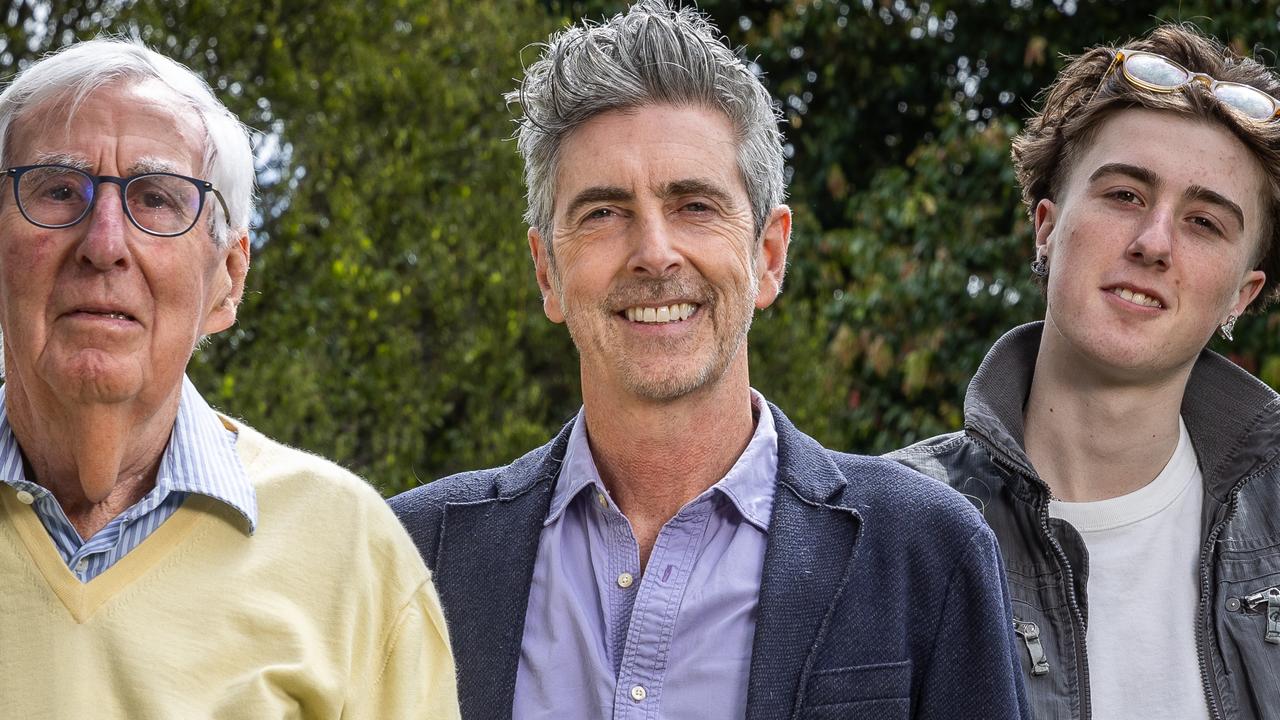Sarah Ferguson's shock cancer diagnosis is a reminder to us all
She'd recently completed treatment for breast cancer

Cancer
Don't miss out on the headlines from Cancer. Followed categories will be added to My News.
Sarah Ferguson, the Duchess of York had just finished treatment for breast cancer when she was diagnosed with malignant melanoma skin cancer.
Sarah Ferguson, the Duchess of York, has been diagnosed with an aggressive form of skin cancer, just six months after a breast cancer diagnosis.
Revealed in a statement to People, representatives for the Duchess shared that she has a type of malignant melanoma, which she discovered after having moles removed amidst her cancer treatment.
The news comes just days after Catherine, Princess of Wales was admitted to hospital for scheduled abdominal surgery, and news broke about King Charles beginning treatment for a benign prostate condition.
Like what you see? Sign up to our bodyandsoul.com.au newsletter for more stories like this.
“Following her diagnosis with an early form of breast cancer this summer, Sarah, Duchess of York, has now been diagnosed with malignant melanoma,” said the spokesperson. “Her dermatologist asked that several moles were removed and analysed at the same time as the duchess was undergoing reconstructive surgery following her mastectomy, and one of these has been identified as cancerous.”
At just 64 years old, “Fergie”, as she’s commonly known, had only just completed her breast cancer treatment and reconstruction, sharing that she “beat breast cancer” in a social media post on New Year’s Eve.
Just three weeks later she was dealt the devastating diagnosis of a malignant melanoma – the most deadly form of skin cancer.

One of Ferguson’s friends told People that the double cancer diagnosis “a matter of months has obviously been a shock and a blow.”
"[She] is very resilient and in good spirits,” the friend added. “Her time in Austria helped her gather her strength, and her family is supporting her.”
The spokesperson continued, “The Duchess wants to thank the entire medical team which has supported her, particularly her dermatologist whose vigilance ensured the illness was detected when it was.”
“She believes her experience underlines the importance of checking the size, shape, colour and texture and emergence of new moles that can be a sign of melanoma.”

The majority of skin cancers are caused by exposure to the sun, and Australia has the highest incidences in the world, two to three times as high as the UK, where Ferguson lives.
Within Australia, skin cancers account for around 80 per cent of all newly diagnosed cancers each year, according to the Cancer Council.
While our hearts go out to Fergie and her family at this difficult time, it also serves as a poignant reminder not to put off those skin checks.
While some skin cancers can take months to grow, some can develop in a matter of weeks – so the importance of getting timely and regular skin checks really can’t be understated.
“The sooner a skin cancer is identified and treated, the better your chance of avoiding surgery or, in the case of a serious melanoma or other skin cancer, potential disfigurement or even death,” writes the Cancer Council.
Of course, prevention is always better than cure. So in addition to remembering to book in (and actually go to) your skin cancer screens, sunscreen should be worn every day, no excuses, along with other forms of sun protection – a hat, sunglasses, protective clothing and seeking shade wherever possible.

It’s also crucial to become familiar with the signs of a potentially malignant mole.
The Cancer Council advises all people to become familiar with the appearance of your skin, so you know if something has changed. You should also keep an eye out for:
- Any crusty, non-healing sores
- Small lumps that are red, pale or pearly in colour
- New spots, freckles or any moles changing in colour, thickness or shape over a period of weeks to months.
To book in for a skin check, talk to your GP or dermatologist, or book in to see a specialist at Australian Skin Cancer Clinics – which you can go to without a referral.
Originally published as Sarah Ferguson's shock cancer diagnosis is a reminder to us all



